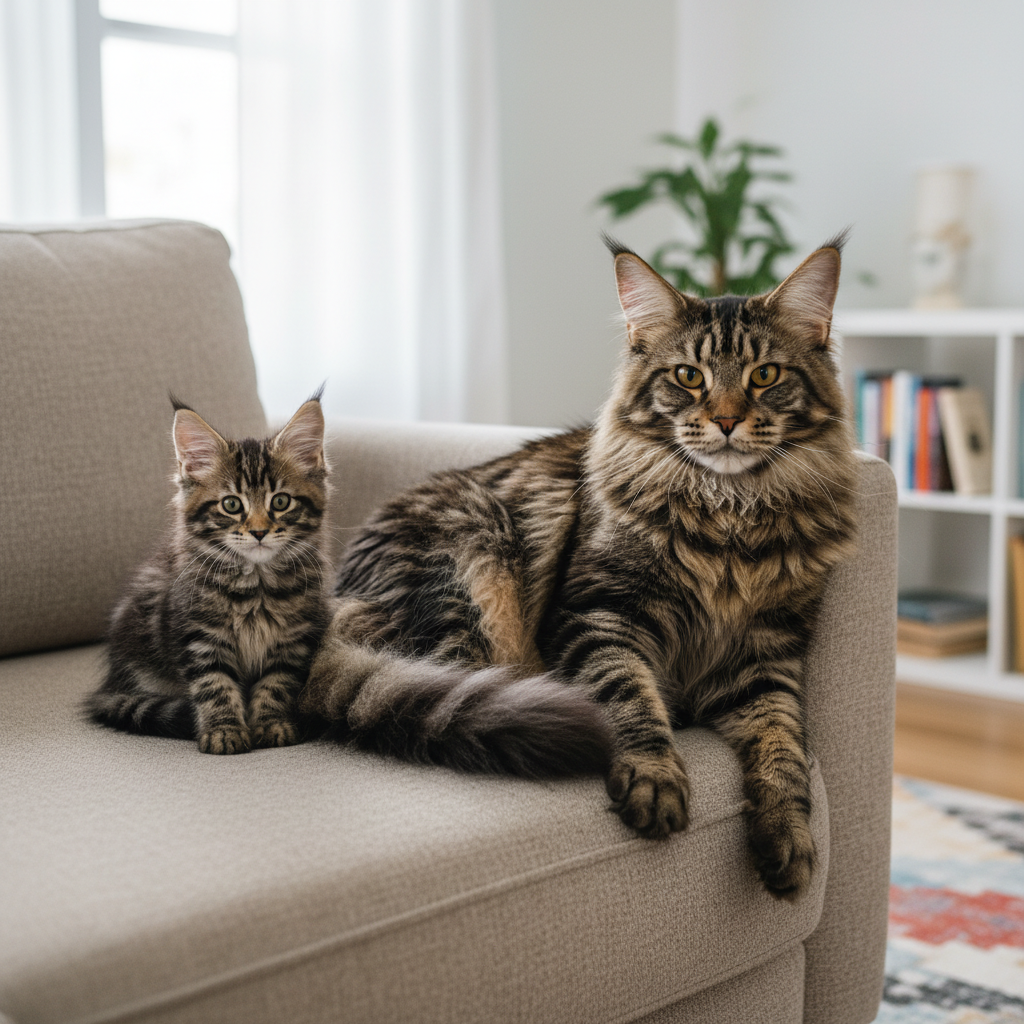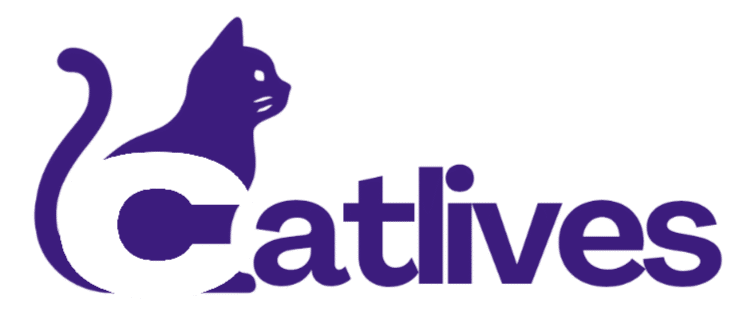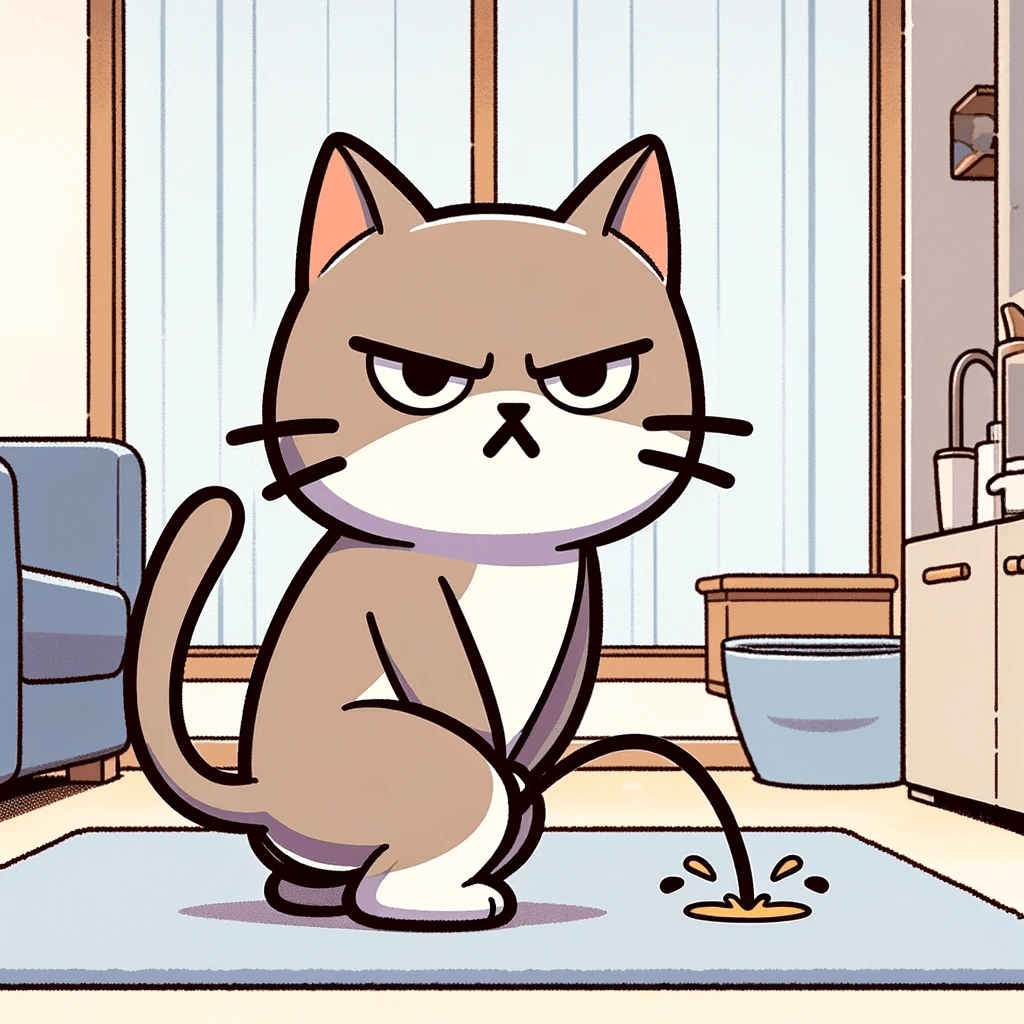
Best Dry Food for Maine Coon Cats: 2025 UK Expert Guide
Introduction
Maine Coon cats are the gentle giants of the feline world, weighing 8-11kg (18-25 lbs) and taking 3-5 years to reach full maturity—significantly longer than most breeds. This extended growth period, combined with their substantial bone structure and thick double coat, creates unique nutritional demands that generic cat food simply cannot meet.
Understanding Maine Coon breed characteristics is essential before selecting appropriate nutrition. These cats face specific health vulnerabilities: 24.9% develop hip dysplasia (OFA database, 2,708 cats), and 34% of UK Maine Coons carry the HCM genetic mutation linked to sudden cardiac death. The right diet isn’t just about growth—it’s about disease prevention through targeted nutrition.
Before diving into specific products, let’s cover feline nutrition fundamentals for large breeds. This guide presents fact-checked recommendations based on AAFCO standards, veterinary nutritional research, and verified UK market data.
What Maine Coons Actually Need: Nutritional Requirements
Protein Requirements
Maine Coons require significantly more protein than AAFCO’s 26% minimum for adult cats. Optimal formulas contain 35-40% crude protein from animal sources. This elevated protein supports their extended growth phase, maintains substantial muscle mass, and provides amino acids critical for cardiac health. For comprehensive analysis, read our guide to high-protein cat food and why quality matters more than quantity.
Joint Support Nutrients
With 24.9% hip dysplasia prevalence, Maine Coons benefit from glucosamine (minimum 300mg/kg) and chondroitin supplementation. Omega-3 fatty acids (EPA/DHA from fish sources) reduce inflammatory response in joints. These nutrients become increasingly critical after age 3 when joint stress from their substantial weight becomes apparent.
Joint-supporting nutrients are essential for arthritis prevention in large, heavy-boned breeds like Maine Coons.
Cardiac Health
Taurine (minimum 0.1% dry matter basis) is non-negotiable for Maine Coons due to HCM prevalence. L-carnitine and coenzyme Q10 provide additional cardiac support, though less research confirms their efficacy in cats versus dogs.
Essential Micronutrients
Look for formulas rich in essential vitamins and minerals including taurine, EPA/DHA omega fatty acids, vitamin E (≥500 IU/kg), and antioxidants. Calcium:phosphorus ratio should remain 1.0-1.5:1 to prevent skeletal abnormalities during extended growth periods.
Why Dry Food Works for Maine Coons
Dry kibble offers distinct advantages for this breed. The mechanical action of crunching kibble provides passive dental cleaning—important for cats prone to gingivitis due to their deep jaw structure. Learn more about the benefits of dry cat food for dental health and convenience.
Energy density in quality dry food (typically 3,500-4,000 kcal/kg) suits Maine Coons’ caloric needs without excessive feeding volume. This prevents gastric distension while meeting the 80-100 kcal/kg daily requirement for adult maintenance. Dry kibble also supports your cat’s dental care routine by mechanically cleaning teeth during chewing.
Some owners prefer combining dry kibble with wet food options for hydration support, particularly for Maine Coons with lower water consumption.
Top 5 Dry Foods for Maine Coon Cats (UK Market)
1. Royal Canin Maine Coon Adult
UK Price: £40-70 (varies by retailer; 10kg = £66.20)
Protein: 31% | Fat: 19% | Key Features: Breed-specific kibble shape
Analysis: The only formula designed specifically for Maine Coon jaw structure. Kibble shape encourages chewing, promoting dental health. Contains EPA/DHA (0.4%) and glucosamine/chondroitin for joint support. Taurine content: 0.21% (exceeds minimum requirements).
Limitations: Protein content (31%) falls below optimal 35-40% range. Contains brewers rice (high-glycemic carbohydrate). Best for adult Maine Coons with stable weight, not ideal for highly active or underweight cats.
2. Orijen Cat & Kitten
UK Price: £50-70
Protein: 40% | Fat: 20% | Key Features: 85% animal ingredients
Analysis: Biologically appropriate formula meeting Maine Coons’ carnivorous requirements. Multiple animal protein sources (chicken, turkey, fish) provide complete amino acid profile. Moderate fat supports coat health without excessive calories.
Grain-Free Consideration: FDA investigated 524 DCM cases (2014-2019): 515 dogs, 9 cats. 90%+ involved grain-free diets with peas/lentils as PRIMARY ingredients. Orijen uses these as minor ingredients, not primary substitutes. No DCM cases reported for this formula, but monitor cardiac health.
< https://amzn.to/3JzImmw">3. Purina Pro Plan Adult Large Breed
UK Price: £35-50
Protein: 36% | Fat: 16% | Key Features: WSAVA-compliant manufacturer
Important Note: No “Maine Coon” specific formula exists from Purina. This recommendation applies to Pro Plan Adult formulas suitable for large breeds.
Analysis: Purina conducts feeding trials (most brands don’t). Real chicken as first ingredient, includes prebiotic fiber for digestive health. Moderate fat content prevents obesity in less active adults.
WSAVA Advantage: Purina meets all World Small Animal Veterinary Association guidelines for manufacturer transparency. Zero DCM cases reported across product line.
< https://amzn.to/4ntLT3M">4. Hill’s Science Diet Indoor Adult
UK Price: £30-45
Protein: 33.5% | Fat: 19.9% | Key Features: Clinically proven antioxidants
Analysis: While not large-breed specific, this formula provides balanced nutrition suitable for indoor Maine Coons with lower activity levels. Fiber blend (9.8%) aids hairball control—critical for long-haired breeds. Natural fiber supports hairball management in cats with thick double coats.
Limitations: Contains corn and wheat. Not ideal for cats with grain sensitivities. Lower protein than Orijen/Taste of Wild options.
< https://amzn.to/3L9o4AV">5. Taste of the Wild Rocky Mountain
UK Price: £40-55
Protein: 42% | Fat: 18% | Key Features: Grain-free, roasted venison & smoked salmon
Analysis: Highest protein content in this list (42%). Novel proteins (venison, salmon) suit cats with chicken sensitivities. Includes probiotics (80 million CFU/lb) for digestive health.
Grain-Free Caution: Contains peas, lentils, and pea protein. While no DCM cases reported for this specific formula, grain-free diets warrant cardiac monitoring. Not recommended as sole diet without veterinary consultation for Maine Coons due to HCM prevalence.
Additional Quality Options Worth Considering
- Applaws Dry Cat Food (Natural Complete) – £25-40 | High meat content (80%), limited ingredients
- Wellness CORE Grain-Free – £45-60 | 38% protein, turkey & chicken
- Acana Wild Prairie – £50-65 | 37% protein, free-run poultry
- Blue Buffalo Wilderness – £40-55 | 40% protein, grain-free
- Nutro Wholesome Essentials Indoor – £35-50 | Farm-raised chicken, natural ingredients
- IAMS ProActive Health Large Breed – £25-40 | Budget-friendly, chicken first ingredient
- Canagan Grain-Free Chicken – £45-60 | 37% protein, UK brand
Feeding Guidelines & Weight Management
Daily Caloric Requirements
Adult Maine Coons (3-5 years+): 80-100 kcal per kg body weight
Example: 10kg Maine Coon = 800-1,000 kcal daily
Growing Kittens (0-3 years): 200-250 kcal per kg body weight (higher during growth spurts)
Proper portion control is critical for healthy weight management in large breeds prone to obesity.
Weight Monitoring
Maine Coons prone to obesity benefit from controlled carbohydrate content for managing diabetes risk. Weigh monthly during growth phase (0-5 years), quarterly thereafter. Body condition score should remain 4-5/9 (ribs palpable but not visible).
Obesity Red Flags:
- Loss of waist definition when viewed from above
- Inability to feel ribs without pressure
- Abdominal sagging (“primordial pouch” is normal; fat deposits are not)
Transition Protocol
Change foods gradually over 7-10 days to prevent digestive upset:
- Days 1-3: 25% new food, 75% old food
- Days 4-6: 50% new food, 50% old food
- Days 7-10: 75% new food, 25% old food
- Day 10+: 100% new food
Special Health Considerations
Hip Dysplasia & Joint Health
With 24.9% prevalence, prioritize formulas with glucosamine (300mg/kg minimum), chondroitin, and omega-3s. Maintain healthy weight to reduce joint stress—each kilogram of excess weight multiplies joint load.
Hypertrophic Cardiomyopathy (HCM)
34% of UK Maine Coons carry HCM mutation. Ensure adequate taurine (≥0.1% dry matter), avoid sodium excess (≤0.5%), and consider L-carnitine supplementation under veterinary guidance. Annual cardiac screening recommended from age 3.
Coat & Skin Health
The thick double coat requires omega-6 (linoleic acid, 1.5-2% minimum) and omega-3 fatty acids for luster and skin barrier function. Quality nutrition can help reduce shedding in long-haired breeds. Biotin and zinc support coat quality. Inadequate fatty acids manifest as dull coat and excessive shedding within 6-8 weeks.
Proper nutrition works alongside our complete grooming guide to maintain optimal coat health. Some Maine Coons develop skin allergies requiring limited-ingredient formulas.
Red Flags: What to Avoid
- Generic “meat by-products” without species identification (lacks traceability)
- Excessive grain content (corn/wheat as top 3 ingredients signals poor-quality protein)
- Artificial colors (FD&C dyes serve no nutritional purpose, potential allergens)
- BHA/BHT preservatives (linked to health concerns; natural alternatives available)
- Protein below 30% for adult Maine Coons (insufficient for breed needs)
- Unbalanced calcium:phosphorus ratios (outside 1.0-1.5:1 range risks skeletal issues)
The Grain-Free Debate
FDA’s DCM investigation (2014-2019) identified 524 cases: 515 dogs, 9 cats. 90%+ involved grain-free diets with peas/lentils/potatoes as PRIMARY carbohydrate sources—not minor ingredients.
Critical Distinction: Grain-free doesn’t cause DCM. Replacing animal protein with plant-based proteins (pea protein, potato protein) may create taurine or other amino acid deficiencies.
No DCM cases reported for: Royal Canin, Hill’s Science Diet, Purina Pro Plan (WSAVA-compliant brands conducting feeding trials).
Recommendation: Grain-free is safe IF animal protein dominates ingredient list and taurine content is adequate. Avoid formulas where peas/lentils appear in top 5 ingredients.
Frequently Asked Questions
How much should I feed my Maine Coon?
Adult Maine Coons (5+ years, stable weight) require 80-100 kcal/kg body weight daily. A 10kg cat needs approximately 800-1,000 kcal. Growing Maine Coons (0-5 years) require 200-250 kcal/kg due to extended maturation period. Use feeding guides on packaging as starting points, then adjust based on body condition score every 2-4 weeks.
Should Maine Coons eat kitten food?
Yes, until age 3-5 years. Maine Coons mature slower than other breeds. Kitten formulas provide higher calories (4,000-4,500 kcal/kg) and protein (35-40%) needed during extended growth. Transition to adult food when growth plateaus (typically 3-4 years) and after veterinary confirmation of skeletal maturity via physical exam.
Can Maine Coons eat regular cat food?
Not recommended. Regular adult cat food (26-30% protein, lower calories) cannot support Maine Coons’ substantial muscle mass, bone density, or extended growth phase. Chronic undernutrition increases hip dysplasia risk and stunts development. Use breed-appropriate or large-breed formulas meeting 35-40% protein requirements.
Is grain-free better for Maine Coons?
Not inherently. Grain-free became popular due to allergy concerns, but true grain allergies are rare in cats (beef, fish, dairy are more common allergens). FDA DCM investigation linked some grain-free diets to heart disease when plant proteins replaced meat. Choose grain-free ONLY if formulated with high animal protein and adequate taurine. WSAVA-compliant brands (Royal Canin, Hill’s, Purina) offer safe grain-inclusive options.
What protein percentage is best?
35-40% crude protein from animal sources is optimal for Maine Coons. AAFCO minimum (26%) is insufficient for this breed’s needs. Higher protein supports muscle maintenance, cardiac health, and coat quality without excess calories from carbohydrates. Verify protein sources are named meats (chicken, salmon, turkey) rather than generic “meat meal.”
How often should I feed my Maine Coon?
Adult Maine Coons thrive on 2 meals daily (morning and evening). Kittens (0-1 year) need 3-4 smaller meals. Free-feeding dry food risks obesity and reduces food interest. Scheduled feeding allows monitoring intake changes (early illness indicator) and prevents resource guarding in multi-cat households.
Do Maine Coons need supplements?
High-quality commercial diets are nutritionally complete. Supplementation is unnecessary unless addressing diagnosed deficiencies. Exception: Senior Maine Coons (10+ years) may benefit from additional glucosamine/chondroitin for joint health, but consult your veterinarian first. Over-supplementation (especially fat-soluble vitamins A, D, E, K) causes toxicity.
When should I switch to senior food?
Transition to senior formulas around age 10-12 years, or earlier if showing reduced activity, weight gain, or arthritis symptoms. Senior foods contain fewer calories, higher fiber, and additional joint support. Maine Coons often remain active longer than smaller breeds, so evaluate individual health status rather than age alone.
Final Recommendations
For most Maine Coon owners, we recommend starting with Royal Canin Maine Coon Adult for its breed-specific design and proven track record, despite moderate protein content. Active cats or those requiring higher protein benefit from Orijen Cat & Kitten or Taste of the Wild Rocky Mountain, with cardiac monitoring if choosing grain-free options.
Budget-conscious owners will find Purina Pro Plan Large Breed offers excellent value with WSAVA compliance and feeding trial backing. If you’re considering adopting, check our guide to reputable Maine Coon breeders in the UK.
Monitor your cat’s body condition quarterly, adjust portions based on activity level, and maintain annual veterinary checkups including cardiac screening from age 3. Maine Coons reaching age 15-20 years consistently receive breed-appropriate nutrition from kittenhood through senior years.
Some owners supplement commercial dry food with homemade cat food recipes for variety, while others focus on comprehensive care during winter months when caloric needs may increase.
Remember: healthy skin supported by proper nutrition enhances flea prevention strategies and overall immune function. Quality nutrition isn’t an expense—it’s an investment in your Maine Coon’s longevity and quality of life.
Sources & References
- Orthopedic Foundation for Animals (OFA) – Hip Dysplasia Statistics Database (2,708 Maine Coons)
- Universities Federation for Animal Welfare (UFAW) – Maine Coon Breed Predispositions
- FDA Center for Veterinary Medicine – DCM Investigation Report (2014-2019)
- AAFCO (Association of American Feed Control Officials) – Nutrient Profiles for Cat Food
- World Small Animal Veterinary Association (WSAVA) – Global Nutrition Guidelines
- UK Pet Food – Market Price Data (2025)


